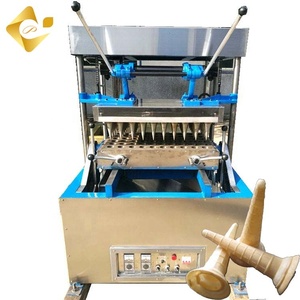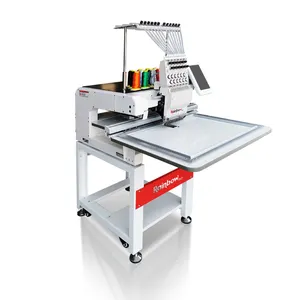Popular in your industry
















Related Searches:

























Top categories
About grain rolling mill
A grain rolling mill is a machine primarily designed to process and crush grains into a more manageable form for various applications, such as livestock feed preparation and grain milling. These mills utilize a set of rollers to exert pressure on the grain, effectively flattening or crushing it to the desired consistency. The grain rolling process can be adjusted to produce different results, ranging from cracked grains to finely crushed ones, catering to diverse agricultural and industrial needs. Grain rolling mills play a crucial role in the agricultural sector, offering a cost-effective and efficient solution for processing grains, enhancing digestibility, and improving feed quality.
Types of grain rolling mills
Common types of grain rolling mills include flaking mills, flour mill rollers, and combination mills. Flaking mills are specifically designed to produce rolled grains with a flake or flat shape. They are commonly used in the production of breakfast cereals, animal feeds, and other processed food products. A corn roller mill, as the name suggests, is specialized in rolling and processing corn grains. These mills are particularly popular in livestock and poultry farming for preparing corn-based feed. Combination mills incorporate additional features or rollers that allow for a wider range of grain processing capabilities. They offer versatility in handling various types of grains and can be adjusted to produce different textures, making them suitable for diverse applications.
Advantages of grain rolling mills
One of the primary benefits of using a grain rolling mill is the enhanced digestibility of grains. By rolling grains, the surface area is increased, making it easier for animals to break down and absorb nutrients during digestion. This results in improved feed efficiency and better utilization of the grain's nutritional content. Additionally, the texture of rolled grains is more palatable for animals, encouraging higher consumption and leading to better overall performance. For farmers and feed manufacturers, investing in a used grain roller mill for sale can translate to cost savings in the long run. These machines offer a cost-effective solution for processing grains on-site, reducing the need to purchase pre-processed feed. Grain rolling mills are also known for their versatility. Farmers can adjust the settings to achieve different particle sizes, ranging from coarsely rolled grains to finely crushed ones, based on specific nutritional requirements for different livestock.
Applications of grain rolling mills
One of the main applications of grain rolling mills is in livestock farming, where they are used to process grains for animal feed. Rolled grains are easier for animals to digest, leading to improved feed conversion rates and overall health. In dairy farming, the use of a grain roller mill for sale is common for preparing a balanced ration that meets the nutritional needs of dairy cows. Rolled grains are often mixed with other ingredients to create a customized feed blend. In poultry farming, grain rolling mills are used to make poultry feed formulas more digestible and enhance the growth of chickens and other birds. Besides, grain rolling mills are popular in the food industry, where they are used in the production of breakfast cereals. Rolled grains are the base for many cereal products, offering a convenient and nutritious breakfast option. In breweries and distilleries, grain rolling mills are essential for processing grains used in brewing beer and distilling spirits. The controlled rolling process ensures the optimal extraction of fermentable sugars, contributing to the quality and flavor of the final product. Additionally, grain rolling mills find applications in small-scale and artisanal milling operations, where they are used to process whole grains into flour for baking and other culinary purposes. Their ability to control the particle size and texture of the milled grains makes them valuable tools for producing high-quality flour.


























